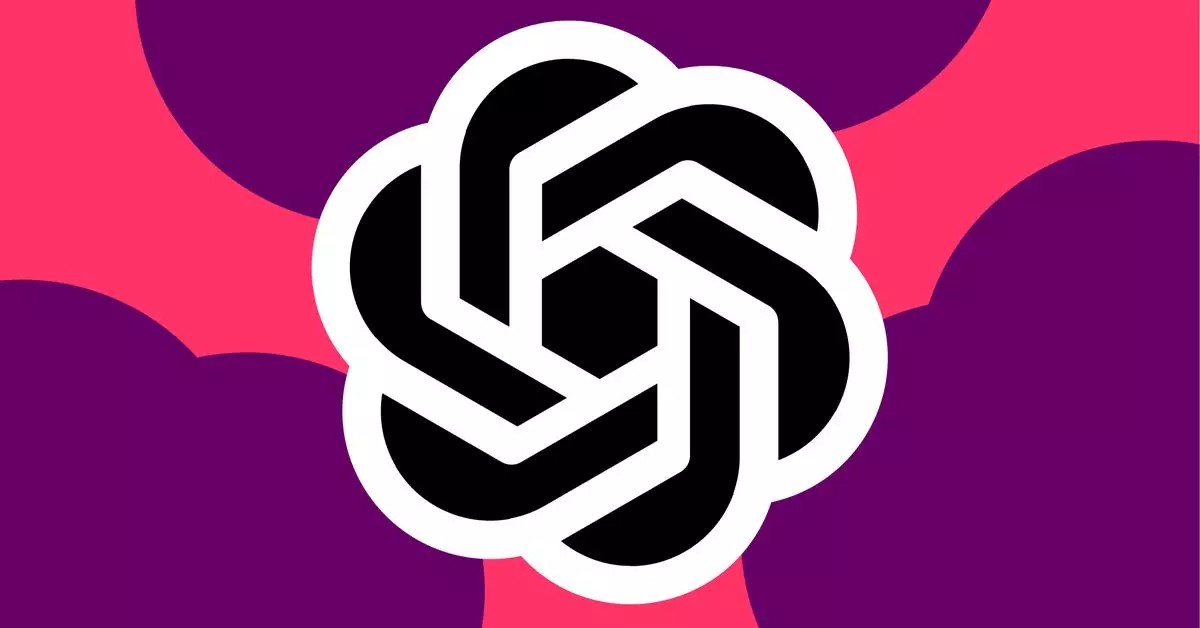OpenAI has taken a significant step towards democratizing access to artificial intelligence with the recent introduction of a voice-activated feature for ChatGPT. As part of a series of innovative updates dubbed “ship-mas,” users can now interact with ChatGPT via phone calls for a limited duration of 15 minutes per month, all through the user-friendly number 1-800-CHATGPT. This initiative, which aims to bridge technological gaps in access to advanced AI, underscores OpenAI’s commitment to making their tools more approachable, especially for those who may be intimidated by web applications.
The new service, while accessible to U.S. callers, also extends its reach globally through WhatsApp via the number 1-800-242-8478. Leveraging OpenAI’s Realtime API alongside WhatsApp’s capabilities, the interaction is powered by a version of the GPT-4o mini model, aimed at providing users with a concise yet effective experience. The 15-minute cap is intended to prevent abuse, but users can explore additional interactions by utilizing various phone numbers, particularly through services such as Google Voice.
This feature represents a paradigm shift in AI utilization, particularly for those who might not have the technical know-how to interact with ChatGPT through traditional digital formats. By offering such an accessible entry point, OpenAI is not only enhancing user engagement but is also broadening its demographic reach.
While this new voice capability is indeed a novel aspect of ChatGPT’s functionality, it is essential to recognize the limitations inherent in this platform. The short engagement time and lack of extensive functionality, when compared to the standard web interface, make this a stepping stone rather than a full-fledged solution. Existing users who are accustomed to utilizing comprehensive features should continue engaging through their typical accounts to benefit from deeper functionalities and personalized experiences.
Furthermore, the move evokes a historical precedent set by Google’s earlier voice assistance tool, GOOG-411, which aimed to collect voice samples to enhance its speech recognition technology. Despite its promising start, it was discontinued just a few years after launch, with speculations suggesting that it fulfilled its objective of accumulating diverse linguistic data. OpenAI’s representatives have reassured users that unlike Google, these calls will not be used to train future models, highlighting a misalignment of intent among tech firms in how they engage with user data.
The introduction of a voice feature for ChatGPT represents a small yet significant advancement in the accessibility of artificial intelligence. While it provides an intriguing glimpse into the possibilities of voice interaction, there remains much ground to cover. As users test this technical innovation, OpenAI’s direction could well set the groundwork for future iterations of AI interfaces that are not only technologically advanced but also prioritize ease of access for all users. The evolution of such tools will undoubtedly shape how we interact with AI in the coming years, making it imperative for both developers and users alike to engage thoughtfully with these new technologies.


Leave a Reply